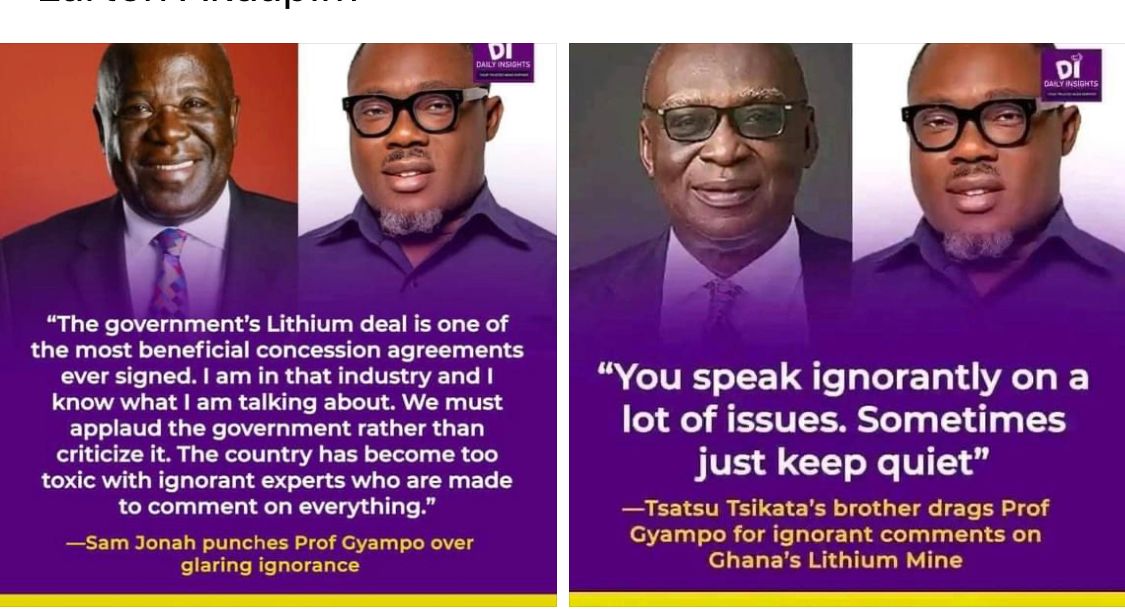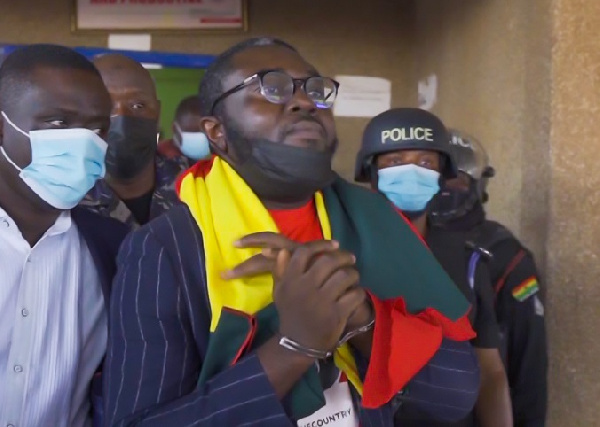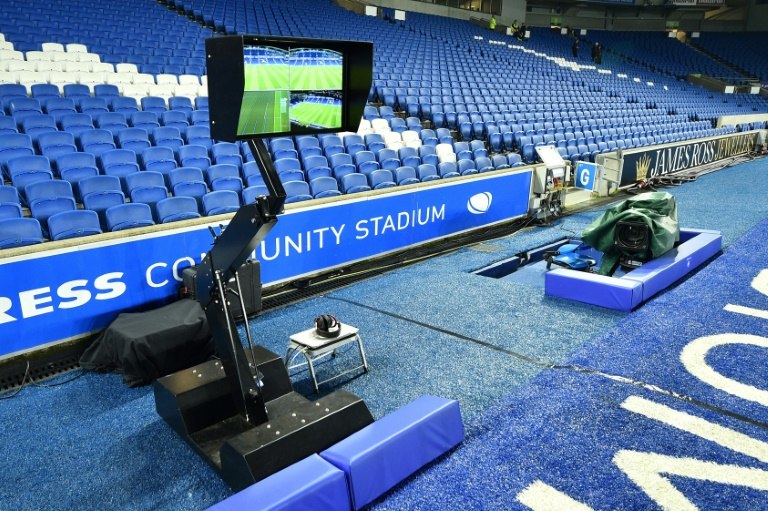
By Kizito CUDJOE
As parliament reviews the controversial Barari lithium deal, an analysis by the Natural Resource Governance Institute (NRGI) indicates that government may have secured a favourable agreement.
The inaugural lithium lease with Barari DV Ghana Limited, a subsidiary of Atlantic Lithium Limited, was issued by government to the company following commercial discovery at Ewoyaa in the Mfantseman municipality of Central Region.
The company, the Minerals Commission said, has been engaged in exploration of lithium resources within the Ewoyaa enclave since 2012, having invested approximately US$58million in this undertaking.
According to Atlantic Lithium, the Ewoyaa inaugural lithium mine boasts a spodumene pegmatite resource of 35.3 million metric tonnes at 1.25 percent Lithium Oxide (Li?O).
The 15-year lease covers an area of approximately 42.63 square kilometres and grants the company exclusive rights to work and produce lithium and associated minerals in the area under the country’s mining laws. It followed the company’s completion of prospecting and feasibility studies, as well as a series of negotiations between the state and Barari DV.
Government has maintained that the agreement comes with ‘improved’ terms to ensure the country benefits maximally from this mineral. This includes increased royalty rate, state and local participation, and value addition to the mineral mined.
However, since the announcement there has been fierce opposition and prolonged debate due to the importance of this critical mineral in the global shift from fossil fuels to cleaner energies, with lithium being a key component.
The NRGI, contrary to claims that the deal’s teams are not favourable to the state, in its report established that Ghana’s position appears relatively strong when benchmarked against other producers in Africa and beyond in a competitive global market for lithium investments.
NRGI’s assessment indicates that government has secured a higher take compared to many other lithium producers – including Australia, the Democratic Republic of Congo and Zimbabwe.
Based on Atlantic Lithium’s feasibility study, NRGI’s modelling projects an average effective tax rate (AETR) of 58 percent, excluding paid state equity. The AETR measures government revenues as a share of mine profits.
However, it stated that 70 percent of these revenues hinge on the profits reported by Atlantic Lithium. To mitigate the risk of tax avoidance, NRGI recommended the following measures:
Pricing benchmark: Establishing a pricing benchmark for tax purposes to minimise the risk of underpricing.
Interest deduction limits: Capping the amount of interest deductible from taxable income, regardless of the project’s debt-to-equity ratio, to prevent profit shifting.
Non-dilutable equity: Including clauses in the mining lease agreement to ensure equity remains non-dilutable, avoiding dilution from additional share issues by Barari or Atlantic Lithium.
Shareholder agreement rules: Defining clear rules within the shareholder agreement to safeguard against underpayment of state dividends and mandating its disclosure for effective oversight.
Capacity building: Enhancing the capacity of tax and regulatory authorities to audit costs effectively.
Despite the relatively high taxes, the fiscal regime will expectedly enable Barari to achieve substantial profits. NRGI’s projections suggest an after-tax internal rate of return (IRR) of around 102 percent, post-debt financing. This profitability has sparked discussions about the potential for government to negotiate an even higher government take.
Furthermore, NRGI proposed that as parliament scrutinises the deal it must balance the benefits of renegotiating key tax terms against delays that could arise from prolonged negotiations. “Government could also consider negotiating a higher government take for future mines with similar profitability. A civil society proposal suggests implementing a variable royalty rate, which would slightly increase rates at higher prices.
“Another approach to capturing more windfall profits from highly profitable future mines is the introduction of a resource rent tax or additional profit tax. However, this would necessitate significant investment in strengthening the capacity of regulatory and tax authorities to monitor costs and assess profits accurately, as higher taxes could incentivise tax avoidance.”
NRGI emphasised the importance of building institutional capacity for effective cost audits. Additionally, the prospects for constructing a lithium refinery in Ghana remain unclear due to government’s failure to publish the scoping study, the report added.
“To enhance the chances of establishing a refinery, government should mandate a rigorous feasibility study by Atlantic Lithium, ensure its publication and engage in multi-stakeholder consultations to determine the next steps.”
The NRGI report stated that by implementing these measures, government can better realise the benefits it anticipates from the Ewoyaa mine and broader lithium sector – potentially positioning Ghana as a benchmark for lithium deals in Africa.
The post Lithium deal okay – NRGI report appeared first on The Business & Financial Times.
Read Full Story
















Facebook
Twitter
Pinterest
Instagram
Google+
YouTube
LinkedIn
RSS